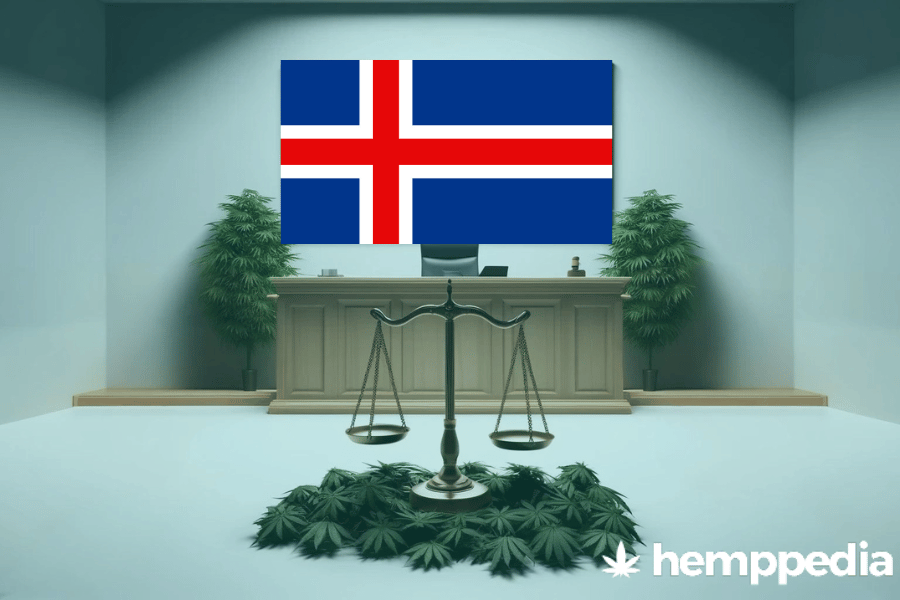TL;DR
In Iceland, Cannabidiol (CBD) derived from industrial hemp with a THC content of less than 0.2% is legal while any form of CBD derived from cannabis with a THC content higher than 0.2% is prohibited.
Key Aspects of CBD Legality in Iceland:
| Legal usage | Yes (Industrial hemp-derived CBD only) |
| Possession limits | None explicitly stated, but subject to THC content limitations |
| THC limits | Less than 0.2% |
| Cannabis derived CBD | Illegal |
CBD, derived from hemp, is used for both medicinal and wellness purposes. Given its non-psychoactive properties, it has a different status from other forms of cannabis in many jurisdictions. Global regulation for CBD is evolving and the law enforcement too is in transition.
Overview of CBD Legislation
- CBD: CBD (Cannabidiol) is one of the many compounds found in the cannabis plant, known for its health benefits and lack of psychoactive effects characteristic of THC (tetrahydrocannabinol).
- Hemp vs. Marijuana: Unlike Marijuana, Hemp is a variant of cannabis that contains a lower concentration of THC.
- Legal Status: CBD derived from Hemp containing a THC content of less than 0.2% is legal in Iceland.
- Regulatory Bodies: Icelandic Medicines Agency and the Icelandic Food and Veterinary Authority (IFVA) regulate CBD and CBD products.
- Conditions and Restrictions: The THC concentration should not exceed 0.2%, and the CBD product should be approved and registered by IFVA.
Historical Context
Previously, all forms of cannabis were deemed illegal in Iceland. However, changes were made in recent years to accommodate the use of industrial hemp-derived CBD with less than 0.2% THC.
Possession, Use, Cultivation and Sales
- There is no stated limitation on possession and use of industrial hemp-derived CBD products in Iceland.
- Importing and exporting of CBD items is allowed under the condition that they contain less than 0.2% THC by weight. Suppliers should seek guidance from the IFVA for specific details.
- Cultivation of hemp for CBD production is permitted, but the crop cannot legally yield a THC content above 0.2%.
- The manufacturing of CBD products must follow Icelandic food safety regulations outlined by the IFVA, ensuring quality control and safe consumption.
Enforcement and Penalties
Non-compliance with the set regulations can lead to significant legal consequences, including fines and prosecution. The enforcement actions depend upon the severity of the non-compliance.
Comparative Analysis
While numerous countries allow the use of CBD, Iceland’s approach is relatively conservative. The THC limits set by the Icelandic government are stricter than many other regional and national regulations.
Conclusion
Overall, while CBD derived from hemp is legal in Iceland, its usage is heavily regulated. It will be interesting to observe if these regulations become less stringent as the global trend towards more liberal CBD regulation continues.





